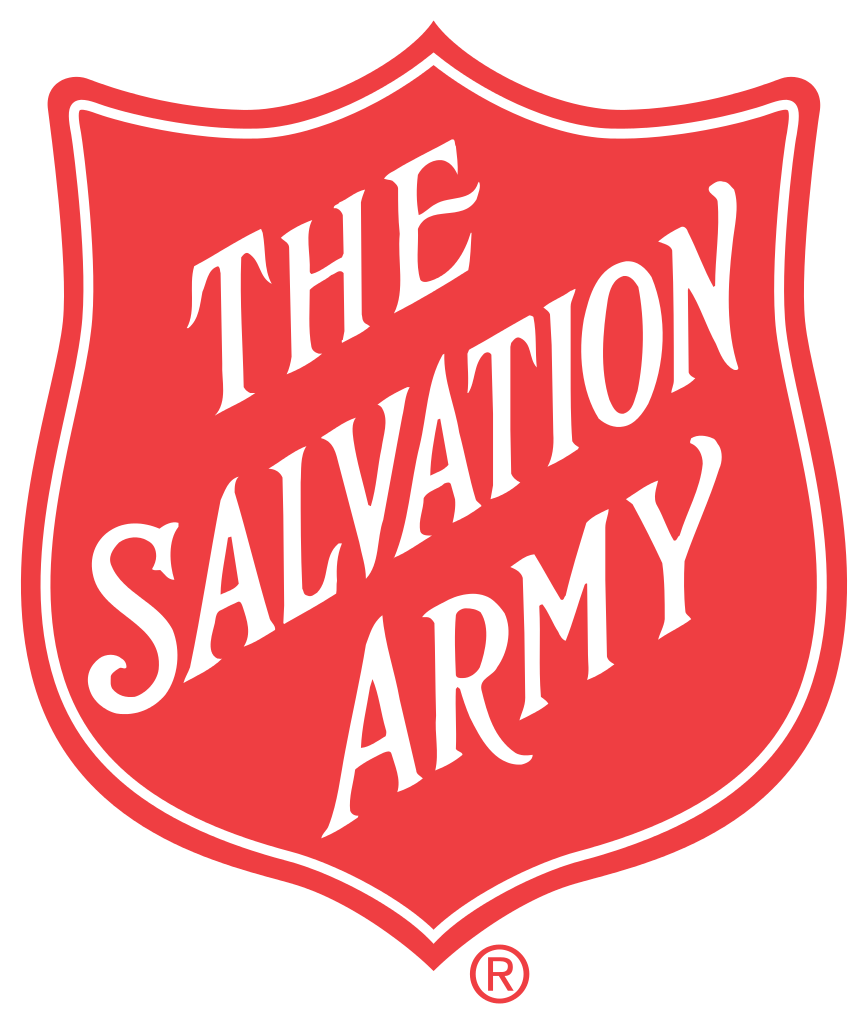
“I thirst.” This simple statement that Jesus made before he died almost seems out of place among the other more dramatic statements he made from the cross. Yet this seemingly insignificant statement is recorded by John alone, and with John, almost every seemingly insignificant statement is a clue to the deeper meaning of Jesus’ life, death, and resurrection.
Among several things interpreters of the Scripture see in this scene is a picture of the humanity of Jesus. Here’s the point some think John was trying to make in his account of this scene: Jesus was fully human. Before his death, he thirsted as we thirst, and then he died as we die. Clearly the words are aimed to demonstrate that Jesus actually died on the cross.
When we understand that on multiple occasions Jesus used the idea of drinking as a metaphor for the suffering he would endure, we see that Jesus’ words “I thirst” may have pointed to something deeper. It is possible that Jesus’ words were pointing toward his willingness to drink the cup of suffering and sin and hate—and to drink it down to the dregs. Or perhaps what he was pointing to was the fact that the cup was now nearly empty. His time of suffering was drawing to a close, and the cup of his suffering was now nearly empty.
This interpretation is consistent with John’s statement: “After this, Jesus, knowing that all things were accomplished, …said, ‘I thirst’” (John 19:28 NKJV). Jesus’ thirst was an indicator that he had finished off the cup that his Father had given him; he had completed his mission to suffer and die on behalf of the human race.
As I reflect on Jesus’ cry, “I thirst,” I also am reminded of the words of Psalm 42:1-2: “As a deer longs for flowing streams, so my soul longs for you, O God. My soul thirsts for God, for the living God.” Perhaps when Jesus said, “I thirst,” he was speaking of his own inner thirst—his longing for God. Or perhaps Jesus was pointing back to his words from the Sermon on the Mount when he said, “Blessed are those who hunger and thirst for righteousness” (Matthew 5:6).
What are you thirsting for first and foremost in your life? What do you hope will satisfy you? Would the next bigger house satisfy your thirst? Or how about a promotion? Or what if you were married to someone else? Do you think your thirst would be satisfied?
That’s not the way it works. We get hung up on things that we think will bring us satisfaction, but few of those things leave us feeling satisfied for long. Jesus’ death on the cross for me and for you beckons us to thirst only for him.
As the people stood around the cross that day, watching Jesus die, someone in the crowd heard his cry, “I thirst,” and had the courage to break away from the crowd, gather a branch of hyssop, affix to it a small part of a sponge, and lift it with compassion to Jesus’ lips. It could have been the disciple John or Jesus’ mother. But I imagined it being Nicodemus, one of the priests and a member of the Council, who, as he watched Jesus dying, finally found the courage to be counted as a sympathizer with Jesus. Regardless of who it was, someone had the courage to risk the scorn of the crowd and to offer Jesus a drink before he died.
Today we still can offer him a drink. We do this when we see those who are physically or spiritually thirsty and we risk the scorn of others or simply go out of our way to offer them a drink. As Jesus said, “When you have done it for one of the least of these brothers and sisters of mine, you have done it for me” (Matthew 25:40, CEB).
Lord, be for me the source of Living Water. May my heart thirst after nothing as much as it thirsts after you. And may I, as one of your followers, extend water, both physical and spiritual, to all who are thirsty. Amen.
(Final Words from the Cross, pp. 85, 91-94, 96-97, 99-100)


